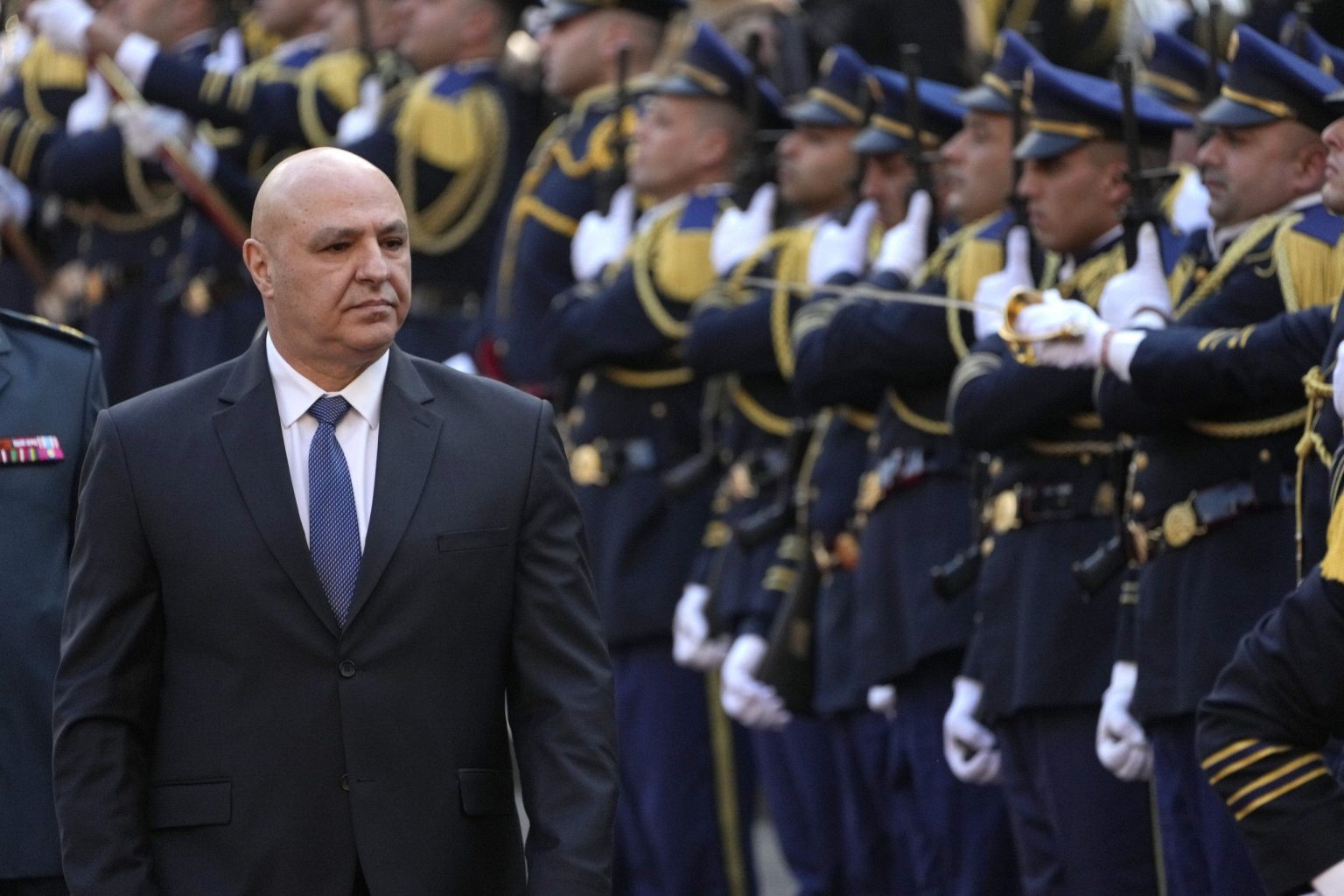The Lebanese political landscape has undergone a seismic shift with the election of Joseph Aoun as president, ending a two-year political stalemate. Aoun, a Maronite Christian and former army commander, secured the presidency with a significant majority in Parliament. This outcome represents a notable victory for the anti-Hezbollah faction, signaling a potential weakening of the Iranian-backed Shia group’s influence within Lebanon’s complex political system. While Hezbollah remains a powerful force, its acquiescence to Aoun’s presidency, a candidate it previously opposed, suggests a shift in the regional power dynamics and Hezbollah’s own strategic calculations. Aoun’s victory marks a potential turning point in Lebanon’s political trajectory, offering a glimmer of hope for a more sovereign and stable future.
Hezbollah’s previous staunch opposition to Aoun’s candidacy underscores the significance of his election. For over two years, the group actively worked to obstruct the presidential election process, aiming to prevent Aoun’s ascension. However, the evolving regional landscape, particularly the weakening of the Assad regime in Syria, a key Hezbollah ally, forced the group to reassess its position. This shift left Hezbollah increasingly isolated, prompting a pragmatic decision to support Aoun’s presidency, a move interpreted as a sign of the group’s diminished leverage within Lebanon. The election signifies not only a potential weakening of Hezbollah but also a realignment of Lebanese politics with a stronger emphasis on national sovereignty.
Aoun’s inaugural address reinforced the shift in political direction, emphasizing the importance of state control over armed forces and a commitment to disarming non-state actors. This declaration, seen as a direct challenge to Hezbollah’s military dominance, was welcomed by the international community, particularly the United States and Israel, as a positive step towards restoring Lebanese sovereignty and stability. While the presidency holds symbolic weight, the position of prime minister wields greater executive power in Lebanon’s political system. The future prime minister’s alignment and relationship with Aoun will be crucial in determining the extent to which Aoun can implement his vision for a more sovereign Lebanon.
Despite the optimism surrounding Aoun’s election, significant challenges remain. While recent Israeli military campaigns and targeted assassinations have weakened Hezbollah militarily, the group maintains considerable influence, particularly in southern Lebanon. However, its ability to exert political pressure through intimidation appears to be waning. Hezbollah’s strategic recalibration suggests a recognition of its weakened position and a prioritization of survival in the face of regional shifts and domestic pressures. The group now appears to favor a functional government capable of securing international aid and shielding it from further Israeli incursions, suggesting a shift from aggressive tactics to a more defensive posture.
Aoun’s presidency offers an opportunity for improved relations between Lebanon and the international community. The country’s economic collapse, with a drastically devalued currency and widespread poverty, necessitates international assistance. Hezbollah’s previous obstructionism has hindered this support. Aoun’s election, coupled with his commitment to state sovereignty, creates a more favorable environment for renewed engagement with the U.S., regional allies like Saudi Arabia, and international financial institutions. This renewed cooperation could pave the way for much-needed economic recovery and stability.
The United States, a long-standing supporter of the Lebanese Armed Forces, is expected to strengthen its ties with Aoun, given his military background and pro-sovereignty stance. This renewed engagement presents an opportunity for Lebanon to realign itself with Western and regional allies, fostering greater cooperation and potentially unlocking crucial financial and political support. Israel, too, will be closely observing Aoun’s presidency, particularly his commitment to implementing U.N. Security Council Resolution 1701, which calls for the disarmament of Hezbollah in southern Lebanon. A demonstrated commitment to this resolution could lead to a more cooperative relationship between Lebanon and Israel, potentially reducing tensions and contributing to regional stability. Aoun’s leadership presents a critical juncture for Lebanon, offering a path towards greater sovereignty, stability, and international cooperation, but the realization of this potential hinges on navigating complex internal politics and regional dynamics.

